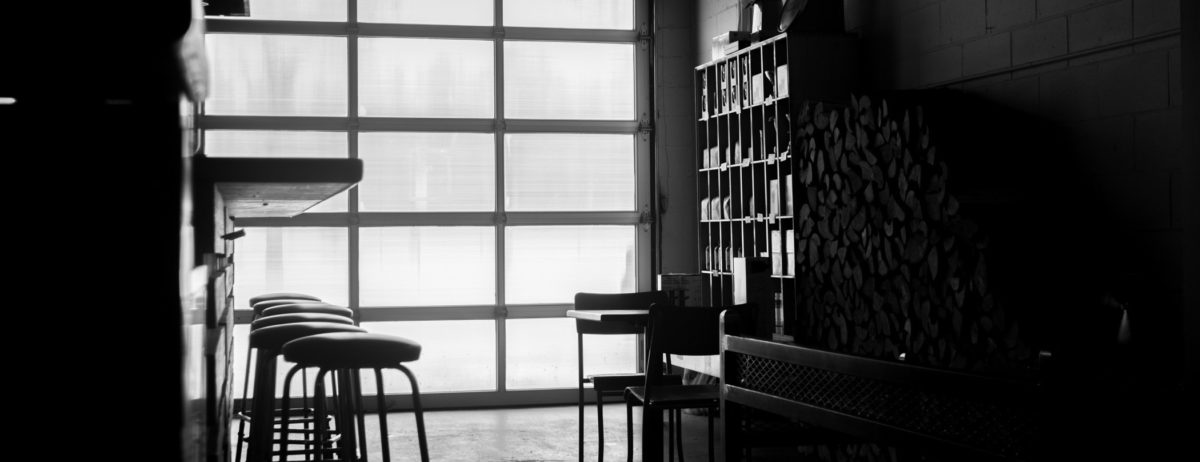Much has been written about the American Legislative Exchange Council, or ALEC, as that organization arrives in Salt Lake City for its national conference. ALEC supporters focus on the organization’s founding principles — support of free markets and limited government. Those principles are laudable, and I accept them as authentic.
Critics, however, note that ALEC’s process undermines fundamental aspects of our country’s representative democracy. ALEC, they say, puts corporations, lobbyists and politicians in private meetings away from the public eye. This is done in an effort to discuss legislative agendas and to develop “model” legislation, without registering these activities as lobbying and without acknowledging the source of the resulting model legislation.
Critics like Common Cause also question ALEC’s 501(c)(3) status, which allows ALEC to claim the status of a bipartisan charity entitled to receive tax deductible contributions from its corporate and foundation donors and sponsors. The argument continues that this tax advantage (a tax expenditure that, in other areas of the government budget, ALEC diligently fights against) is inappropriate for an organization that is so clearly not bipartisan — evidenced by the fact that only one out of 104 leadership posts in ALEC is reported to be held by a Democrat.
Finally, other critics suggest that ALEC crossed a line when it started promoting a social agenda (e.g., voter ID, school vouchers, stand your ground, etc.) that extended beyond ALEC’s original principles. This is often cited by corporations and legislators discontinuing their ALEC support or membership.
To these criticisms, I would add another — the issue of context. In other words, I would suggest that the identity of where our bills come from matters and greatly impacts how we view the purpose and intent of those bills. ALEC and its supporters charge that any ALEC bill goes through the same public process as any other bill. That is, on its face, true. However, with 800-900 bills being passed in each 45-day legislative session, the majority of which are pushed through in the closing two weeks of the session, one can easily see that the legislators themselves have precious little time to understand the plethora of bills that they are being asked to consider, let alone the general public having the time to do so.
The context in which a bill is proposed can be determinative of an individual’s reaction to that bill. For example, if a soccer mom meets with state senators to request a ban on guns within 1000 feet of her child’s school out of a concern for her child’s safety, that will resonate with members of the pubic in a certain way. If, however, the NRA meets with the same senators to eliminate that same no-gun zone, whether in the name of protecting our 2nd Amendment rights or simply to increase NRA membership, that will resonate in a very different way.
Neither is wrong and both would be matters of public record and discussion. But when an ALEC bill comes through the senators’ offices without being identified as such, the public is left to trust, as it should and often does, that the senators have only their constituents’ best interests in mind. Again, context matters.
The issues surrounding ALEC are serious and deserve serious discussion. These are not left and right or liberal and conservative issues — they are issues critical to good, transparent government of the people, by the people and for the people and are issues critical to the successful 236 year history of our representative democracy.
Josh Kanter
Founder, Alliance for a Better UTAH
See the OpEd in the Deseret News HERE


